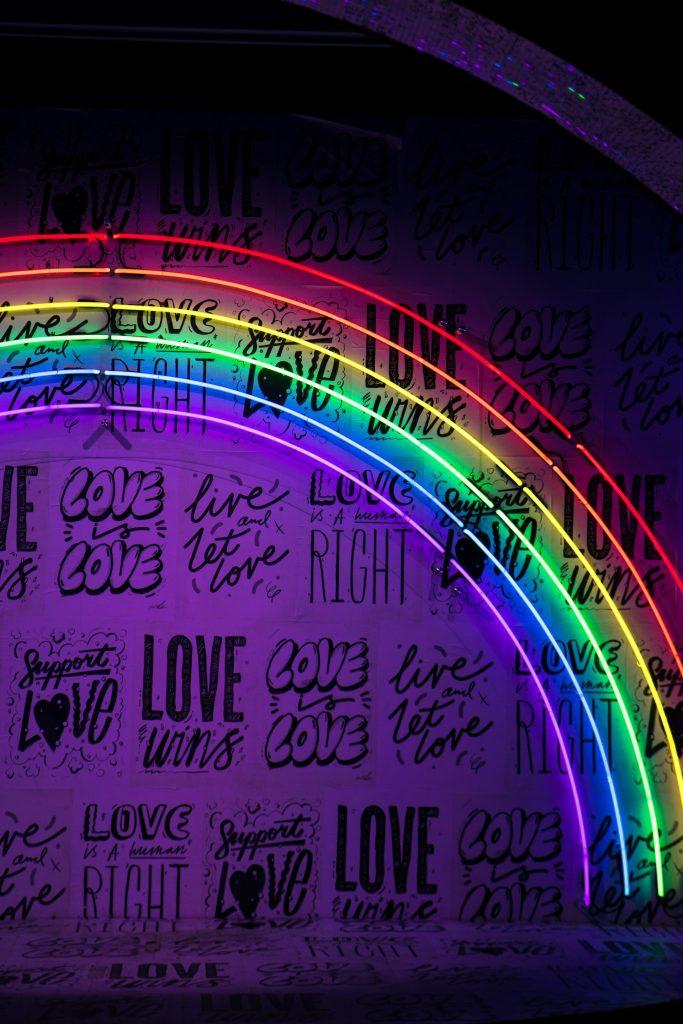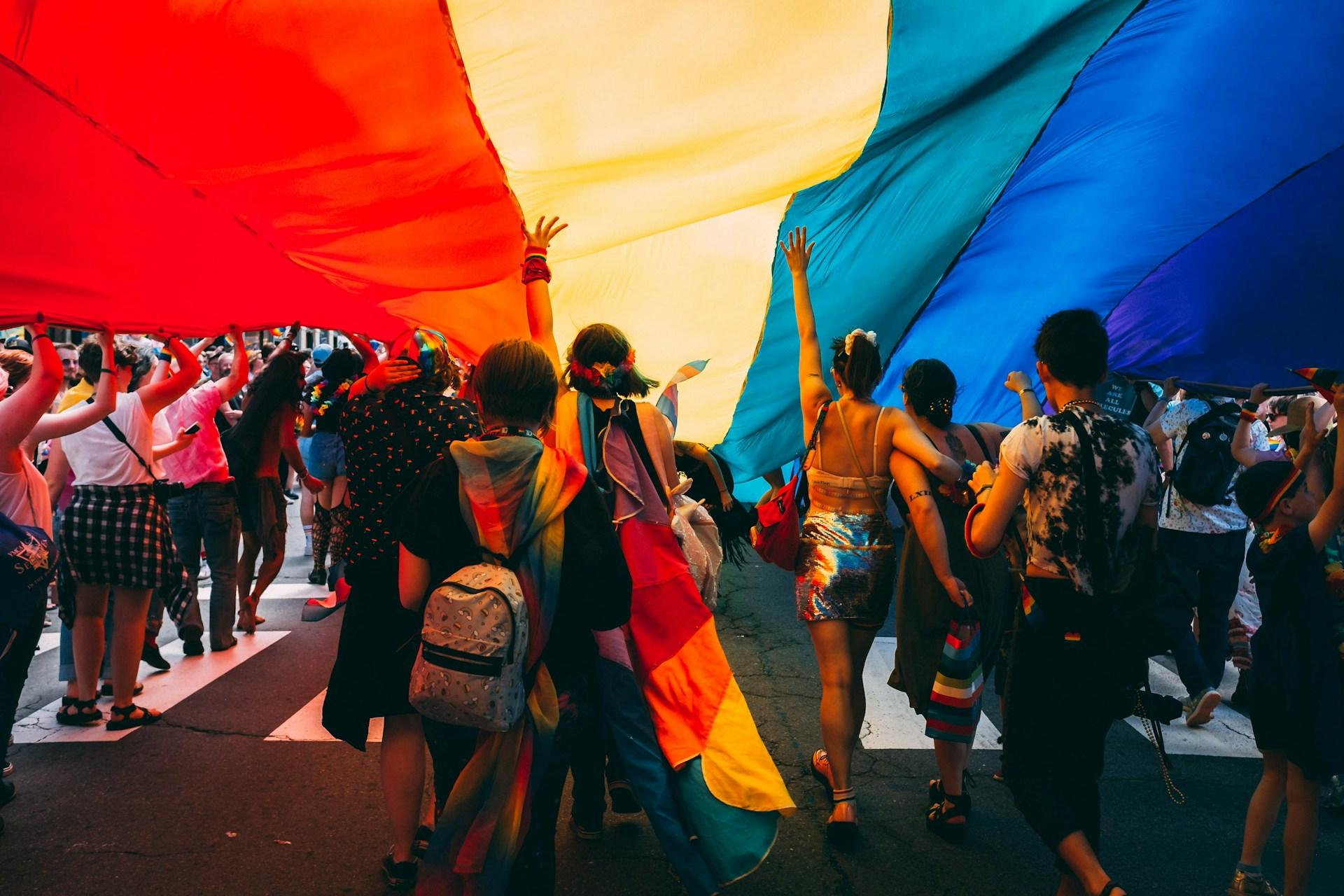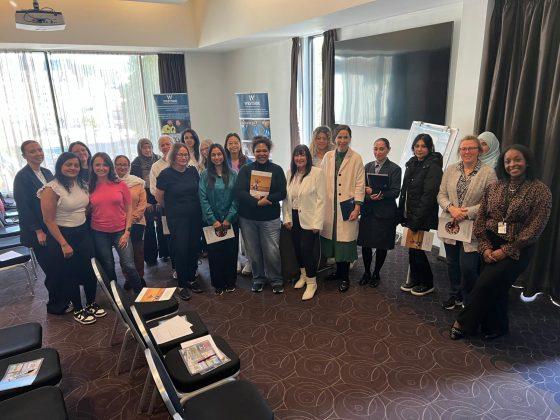You know that feeling when you can finally take off your shoes after a long day? That’s what being your authentic self at work should feel like—comfortable, natural, and a little bit freeing.
In a world where we spend more waking hours at work than almost anywhere else, pretending to be someone you’re not can take its toll. Yet many people still feel pressure to tone down who they are, especially when they don’t fit the so-called “professional” mould. As we enter another Pride Month, it’s worth remembering: creating space for people to show up as themselves isn’t a distraction from the work—it’s the fuel that drives it.
The Power of Psychological Safety
Positive psychology has a lot to say about what makes people thrive. At the heart of it is psychological safety: the belief that you won’t be embarrassed, rejected, or punished for being yourself. When teams have high psychological safety, people are more likely to speak up with ideas, admit mistakes, ask for help, and support one another. Research from Harvard professor Amy Edmondson shows that teams with high psychological safety learn faster and perform better. Google even found it was the top trait of their highest-performing teams.

And when you think about it, it makes sense: authenticity boosts productivity. When you’re not spending half your energy filtering your words or policing your personality, you can focus on the work that matters. Being yourself isn’t unprofessional. It’s powerful.
What It Looks Like in Practice
You don’t need beanbags and buzzwords to build a culture of authenticity. Here’s what really moves the dial:
- Normalize vulnerability. Leaders who admit they don’t have all the answers create space for others to do the same.
- Celebrate difference. Whether it’s cultural background, neurodiversity, gender identity or personality quirks—acknowledging these differences helps people feel seen.
- Make feedback a habit. A culture of regular, respectful feedback reinforces trust and helps people grow.
- Champion inclusive policies. From flexible working to recognising cultural holidays, practical inclusion makes people feel valued.
- Check your reactions. Do people get the same praise, patience, and opportunities no matter how they show up? Equity matters.

Why This Matters Now
In a post-pandemic world, where burnout and anxiety are more prevalent and the lines between work and home have never been blurrier, people are craving realness. They want to feel like they belong. And workplaces that get this right? They don’t just attract top talent—they keep them, energise them, and empower them.
Pride Month is a great opportunity to be reminded of our very human needs to feel accepted and understood. Let your team, your leaders, your colleagues and friends be human. Let them be whole. Because authenticity isn’t a distraction from performance. It’s the fastest route to it.




